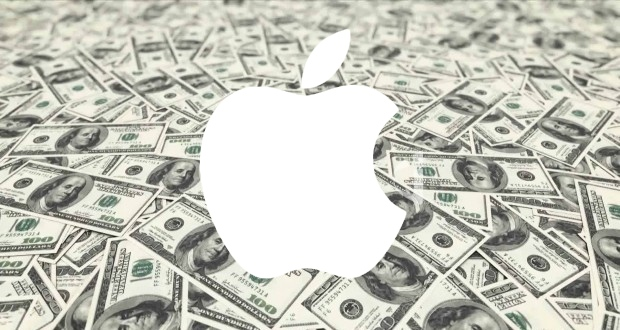As Apple nears $200B in cash, U.S. Senators once again propose a repatriation tax break
U.S. Senators Barbara Boxer and Rand Paul on Thursday announced the "Invest in Transportation Act of 2015," a proposal that would allow companies such as Apple to bring foreign cash reserves back to the U.S. at a significantly lower tax rate while using the proceeds to replenish the Highway Trust Fund.
The bill, which has yet to be introduced, would lower the tax rate for repatriated foreign earnings from 35 percent to 6.5 percent. Companies would be given up to five years to complete the move, and only transfers that exceed the company's annual average repatriation would be eligible for the reduced rate.
In addition to boosting federal infrastructure spending, the bill would contain provisions designed to force companies bringing cash back to use that money for hiring, increasing wages or pensions, improving environmental standards, public-private partnerships, capital improvements, or acquisitions. None of the funds would be eligible for use in executive compensation, shareholder dividends, or stock buybacks for three years after the repatriation scheme ends.
"The bipartisan repatriation proposal is a win-win for our economy and our country," Sen. Boxer told The Hill. "First, it will bring back hundreds of billions of dollars in foreign earnings that are sitting offshore, which can be invested here in America to create jobs. Second, the taxes paid on those earnings will be used to extend the Highway Trust Fund, which supports millions of jobs nationwide. I hope this proposal will jumpstart negotiations on addressing the shortfall in the Highway Trust Fund, which is already creating uncertainty that is bad for businesses, bad for workers and bad for the economy."
Apple finished its first fiscal quarter of 2015 with $179 billion in cash, an increase of $24 billion from the previous quarter. Though the company did not break down how much of that money is currently held overseas, its foreign cash reserves reached nearly $140 billion as of last summer.
Already one of the largest taxpayers in America, Apple has lobbied hard for corporate tax reform in recent years, with repatriation taxes a central tenet of that push. The company has urged lawmakers to look at proposals that lower the cost of capital returns while being revenue neutral, eliminating corporate tax expenditures, and lowering corporate income taxes overall.
This is not the first time such a tax break has been proposed in order to benefit infrastructure spending. A similar program was debated last June, but was not successful.
 Sam Oliver
Sam Oliver











 Malcolm Owen
Malcolm Owen
 William Gallagher and Mike Wuerthele
William Gallagher and Mike Wuerthele
 Christine McKee
Christine McKee
 William Gallagher
William Gallagher

 Marko Zivkovic
Marko Zivkovic









